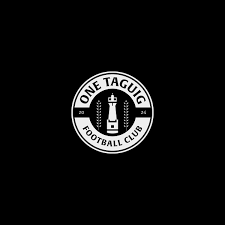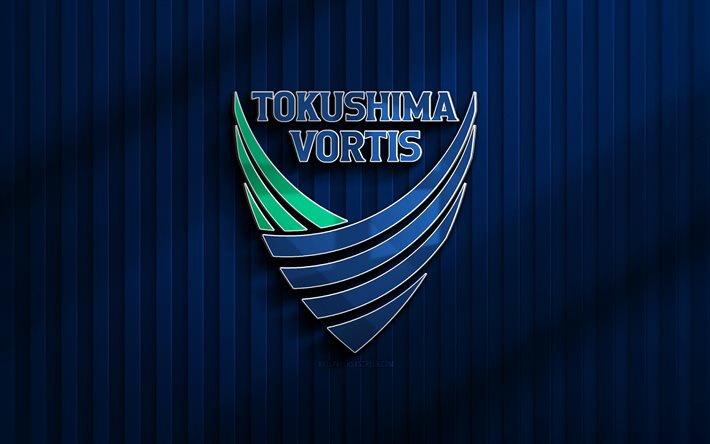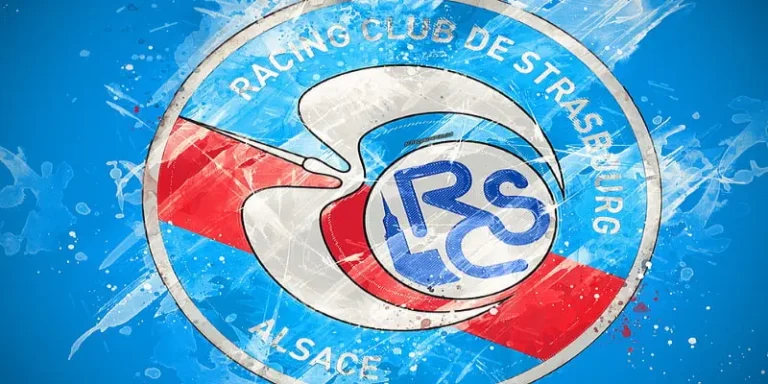
The Coaching Philosophy of Carlo Ancelotti
Carlo Ancelotti is a name synonymous with success and tactical acumen in the world of football. Over his illustrious career, he has developed a coaching philosophy that not only yields results but also has a profound understanding of the game. His ability to adapt to various footballing cultures and philosophies sets him apart in an industry where managerial success heavily depends on strategy, leadership, and interpersonal skills.
Carlo Ancelotti’s Career Achievements
Carlo Ancelotti’s coaching career is highlighted by numerous accolades, including multiple league titles and UEFA Champions League trophies. He is celebrated for his strategic brilliance and an innate ability to manage high-profile players.
Early Career Success
Ancelotti began his coaching journey in the lower leagues of Italian football, but it wasn’t long before he made his mark. His first significant role came at Reggiana, where he impressed with a keen tactical mind that combined attacking fluidity with robust defensive structures.
His big break arrived when he took the reins at Parma. There, he won the Coppa Italia and the UEFA Cup, showcasing his ability to compete at higher levels. This early success laid the groundwork for his managerial philosophy, which centers on adaptable tactics and player-centric management.
Champions League Glory
One of Ancelotti’s marquee achievements came during his time at AC Milan, where he won the UEFA Champions League twice. Under his leadership, Milan’s team was characterized by an elegant style of play, balancing flair with pragmatic defending.
Ancelotti’s ability to motivate his players and foster a collective spirit was crucial to these victories, as he created an environment where players felt empowered and valued. His Champions League wins established him as one of the most successful managers in the history of the competition.
Global Recognition
Ancelotti’s reputation only grew after successful stints at Chelsea, PSG, Real Madrid, Bayern Munich, and Everton. Each of these clubs presented unique challenges, yet he continually adapted his methods to suit the players at his disposal.
Notably, during his time with Real Madrid, he became the first manager in history to win the Champions League three times, an accolade that reinforced his status among football’s elite coaches. His knack for understanding different footballing cultures is one of the hallmarks of Ancelotti’s career.
Tactical Innovations by Carlo Ancelotti
Ancelotti’s tactical innovations are essential to understanding his coaching philosophy. His ability to marry traditional tactics with modern football demands sets him apart.
Formation Flexibility
One of Ancelotti’s trademarks is his tactical flexibility, as he often employs various formations, including 4-4-2, 4-3-3, and even 4-2-3-1, depending on the situation. This flexibility allows his teams to adapt mid-match, providing a strategic advantage that most opponents struggle to counter.
For instance, while managing AC Milan, he utilized a 4-4-2 formation that morphed into a 4-3-1-2 when attacking. This adaptive approach not only maximized the strengths of individual players but also confused opposing defenses.
Ancelotti’s Barcelona experience similarly showcased his tactical endurance, as he managed to outmaneuver the team’s tried-and-tested structures by adjusting his formations in real-time.
Player-Centric Tactics
Ancelotti is famous for employing tactics that suit the unique skill sets of his players. Unlike many managers who impose rigid systems, he prioritizes player roles and responsibilities tailored to their characteristics.
At PSG, he transformed the team into a formidable attacking force that utilized the creative prowess of Neymar and the goal-scoring instincts of Edinson Cavani. This ability to unleash player potential through careful tactical planning highlights Ancelotti’s innovative approach to managing human resources.
Emphasis on Ball Control
Ancelotti’s teams are also characterized by sound ball control and short, crisp passing. This philosophy emphasizes fluid movement, quick transitions, and a structured approach to controlling the game.
For example, during his tenure at Bayern Munich, he instilled this method through a possession-based style that helped Bayern dominate matches effectively, allowing them to dictate the pace of play and create numerous scoring opportunities.
Analyzing Carlo Ancelotti’s Time at Real Madrid
Ancelotti’s second period at Real Madrid is remembered for its tactical brilliance and player management, culminating in a historic Champions League victory.
The Galácticos’ Experience
Ancelotti’s approach to dealing with high-profile players, often labeled as “Galácticos,” was pivotal in his successes at Real Madrid. He recognized the importance of maintaining harmony within a squad filled with egos while ensuring optimal performance through strategic lineup changes.
His relationship with stars like Cristiano Ronaldo and Gareth Bale exemplified his leadership style. He communicated effectively, allowing these players to express themselves on the pitch while tactically weaving their strengths into the team fabric.
Success in the Champions League
The crowning glory of Ancelotti’s return to Madrid came in May 2014 when he led the team to its long-awaited 10th Champions League title. They secured a dramatic victory against Atlético Madrid, showcasing resilience and tactical ingenuity.
In this match, Ancelotti’s strategic foresight was evident as he made critical substitutions and adjustments that ultimately swung the game in Real Madrid’s favor. This tactical adaptability cemented his legacy at the club.
Building a Tactical Identity
Beyond immediate success, Ancelotti worked diligently to establish a long-term tactical identity at Real Madrid, focusing on structured pressing, tactical discipline, and fluid attacking movements without compromising individual brilliance.
This commitment to a coherent footballing philosophy reaped rewards, as he molded a team that not only excelled individually but also operated seamlessly as a unit, capturing the hearts of Madridista fans worldwide.
Carlo Ancelotti: A Managerial Journey
Carlo Ancelotti’s managerial journey is marked by adaptability and resilience, characterized by his ability to evolve and grow while maintaining core principles.
Navigating Different Cultures
Ancelotti’s career has taken him across various countries, managing clubs in Italy, England, France, Germany, and Spain. This journey has allowed him to grasp diverse footballing philosophies while molding his managerial style.
His experiences in the English Premier League with Chelsea exposed him to a fast-paced, physically demanding brand of football, while in Spain, he embraced a more technical and possession-based approach, reflecting the style of play prevalent in La Liga.
Learning from Hardships
Every manager faces adversity, and Ancelotti is no exception. His challenging time at Chelsea, where he was under immense pressure after a disastrous end to the season, taught him lessons in resilience and adaptability.
He emerged from this phase with enhanced skills in crisis management, strengthening his resolve to handle the complexities that come with managing elite teams effectively.
Influence of Mentors
Mentorship plays a significant role in Ancelotti’s development. Influences from predecessors such as Arrigo Sacchi and Marcello Lippi shaped his philosophy, emphasizing tactical discipline, work ethic, and a winning mentality.
These core values are often mirrored in Ancelotti’s coaching methods, creating a blend of innovative strategies while adhering to the fundamental philosophies adopted throughout his career.



